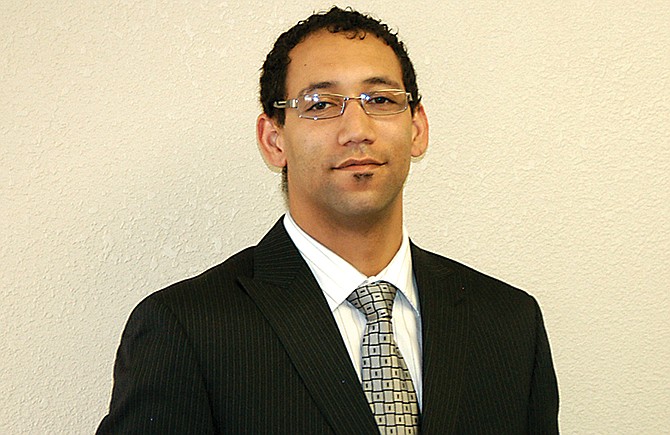Missouri's attorney general's office wants to continue as the special prosecutor in the Shayne Healea case and has asked the state Supreme Court to approve it.
Healea's attorney, Shane Farrow, of Jefferson City, last week continued his practice of not commenting on pending cases.
Under the Supreme Court's procedural rules, he doesn't file a response to the attorney general's application unless he's asked by the court.
Two months ago, a three-judge panel of the Missouri appeals court's Eastern District ruled the attorney general should be disqualified as the special prosecutor in Healea's case, because "members of the Attorney General's Office were in possession of (a) secretly recorded communication for over two years before relinquishing it to (Healea)," and the "lengthy delay in surrendering the recording to (Healea) reflects poorly on the criminal justice system."
Late last month, the appeals court denied the attorney general's request either to rehear the case or transfer it to the Supreme Court.
However, the state still can make its own direct appeal to the high court, and Assistant Attorneys General D. John Sauer and Gregory M. Goodwin argued in a 12-page "application for transfer" to the Supreme Court that the court of appeals' June 5 rulings "were unwarranted for at least three reasons."
Healea, Moniteau County's prosecuting attorney, faces five criminal charges filed by a Boone County grand jury after an October 2014 accident in the parking lot behind Addison's Restaurant in Columbia.
He's charged with leaving the scene of an accident where there was an injury or property damage and with four counts of second-degree assault for operating a vehicle while intoxicated, resulting in an injury.
The attorney general's office was appointed as special prosecutor in 2014, after Boone County Prosecutor Dan Knight disqualified his entire office, because Knight and Healea were officers in the Missouri Association of Prosecuting Attorneys.
Healea's trial currently is set for January in Shelbyville, on a change of venue from Boone County.
However, the trial has been delayed while Farrow has argued the case should be dropped.
Farrow accused Columbia police of violating Healea's U.S. Constitutional Sixth Amendment right to have a confidential discussion with his attorney, by recording both sides of that conversation while Healea was using a cellphone from a police holding cell after he was arrested.
And, Farrow has complained, Columbia police then gave a copy of the recording to the attorney general's office - which then had a copy of the recording at the time it won the grand jury indictments against Healea.
In their request for the Supreme Court to hear the case, Sauer and Goodwin wrote: "The mere fact that the Office came into possession of the defendant's privileged communications, unknowingly and without fault, and promptly disclosed those recordings to the defendant without ever reviewing them, does not create any actual or apparent impropriety."
As they previously noted to the appeals court, the recording provided to the attorney general's office had "the vague and inaccurate label 'Building Video Copy #1,'" and no one in the attorney general's office ever has "reviewed the recorded communications."
Secondly, they argued, "Even if there were any appearance of impropriety, it could be readily cured by imposing an ethical screen upon any member of the Office who had inappropriate contact with the privileged recordings," rather than by ordering the entire office disqualified.
That "screen" process is authorized by a 2015 state Supreme Court decision, they wrote.
And, Sauer and Goodwin told the Supreme Court, "Disqualifying the (entire) Attorney General's Office presents (the state) with the complex and daunting task of locating a different conflict-free prosecutor for this case," both in the current criminal case and in any future appeals, since Healea remains an active prosecutor and member of the statewide prosecutors' association.
Additionally, if Healea were convicted of the crimes he's been charged with, Sauer and Goodwin reminded the court, state law "requires the Attorney General's Office to represent the state's interests on direct appeal from a felony conviction."
State law also prohibits people convicted of a felony from holding public office. If Healea were convicted but refused to leave his job, the attorney general and the county prosecutor or counselor are the only parties authorized by law to ask a court to order the officeholder's removal - known as a "quo warranto" petition.
"Moniteau County does not have a county counselor," Sauer and Goodwin noted. "Healea, of course, is unlikely to bring a quo warranto action against himself."
They added: "The Court of Appeals' decision to disqualify the entire Attorney General's Office threatens to create a public perception of wrongdoing in the criminal justice system where none exists."

